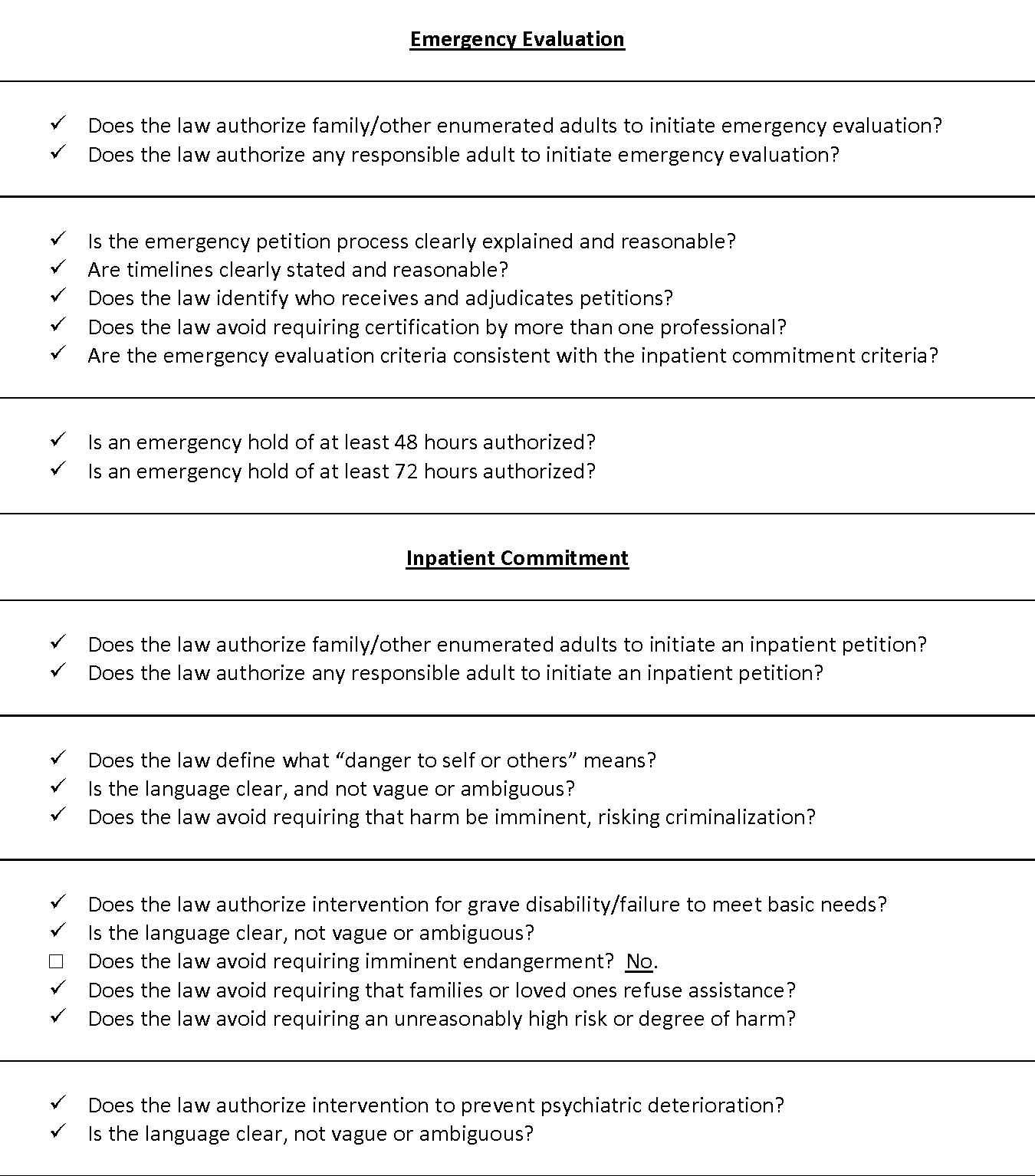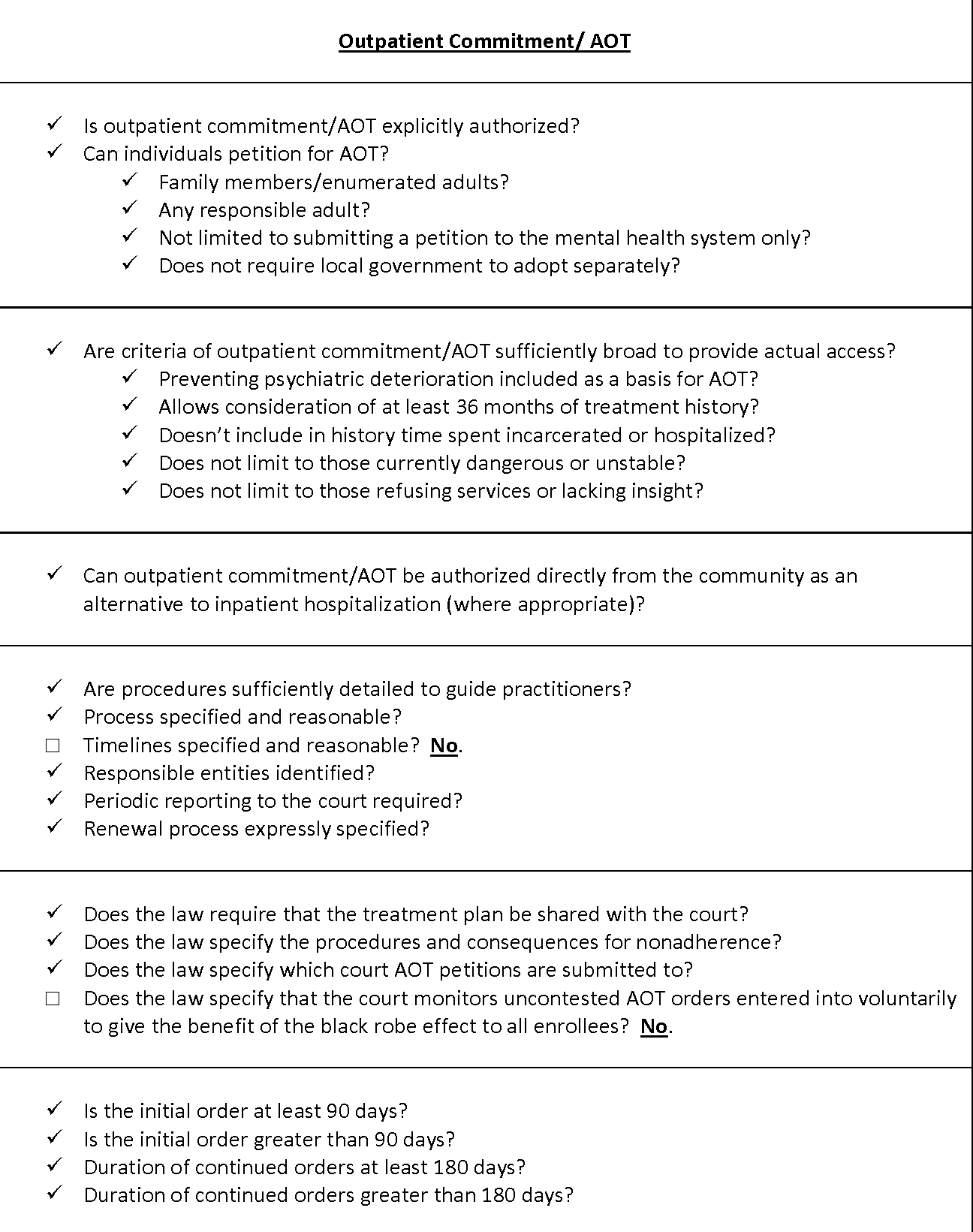Family Resources in Resources in Wisconsin
- Wisconsin Department of Health Services Mental Health: Care and Coverage (dhs.wisconsin.gov) Resources and contacts
- First Episode Psychosis and Coordinated Specialty Care (dhs.wisconsin.gov) Early intervention programs for SMI
- NAMI Wisconsin (namiwisconsin.org) Support groups, training, information
- Resource Guide - NAMI Wisconsin (namiwisconsin.org/resource-guide) Downloadable guidebook for individuals and families
- Disability Rights Wisconsin (disabilityrightswi.org) Protection and advocacy for individuals with disabilities
- Homeless Assistance Agencies in Wisconsin | U.S. Department of Housing and Urban Development (hud.gov/states/wisconsin) Shelter locator and links to local resources
- Wisconsin Department of Corrections (doc.wi.gov) Information about mail, visiting, and more
- Wisconsin Inmate Finder (recordsfinder.com/inmate-search/wi) Search for a person incarcerated in Wisconsin
- Wisconsin State Bar Association (wisbar.org) Legal assistance
How many people in Wisconsin have SMI?
individuals with severe mental illness.
individuals with SMI who receive treatment in a given year.
of the adult population is estimated living with a SMI in the United States.
State psychiatric hospital beds in Wisconsin
2023 total beds: 450
- Civil beds: 120
- Forensic beds: 330
2023 beds per 100,000 people: 7.6
Click here for more information about state psychiatric hospital beds in Wisconsin.
A minimum of 50 beds per 100,000 people is considered necessary to provide minimally adequate treatment for individuals with severe mental illness. Wisconsin fails to meet this minimum standard.
For Additional Information
Data is a powerful tool to advocate for change. Curious about a specific data point in your state? Reach out to us at ORPA@treatmentadvocacycenter.org
Fast Facts on SMI in Wisconsin
Deinstitutionalization, outdated treatment laws, discriminatory Medicaid funding practices, and the prolonged failure by states to fund their mental health systems drive those in need of care into the criminal justice and corrections systems.
19%
6,377
450
14 to 1
2021 Wisconsin State Mental Health Agency's expenditures
Every state receives block grant funding from the federal government to provide mental health services to their community. Below is some information about how these dollars are spent and compares to other state spending.
$1,033,795,605
16%
$14,801
1.7%
Wisconsin's Treatment Laws
WIS. STAT. ANN. § 51.20(1)(b). Each petition for examination shall be signed by 3 adult persons, at least one of whom has personal knowledge of the conduct of the subject individual[.] WIS. STAT. ANN. § 51.15(1) (ag) The purpose of this section is to provide, on an emergency basis, treatment by the least restrictive means appropriate to the individual’s needs, to individuals who meet all of the following criteria: 1. Are mentally ill, drug dependent, or developmentally disabled. 2. Evidence one of the standards set forth in par. (ar) 1. to 4. 3. Are reasonably believed to be unable or unwilling to cooperate with voluntary treatment. (ar) A law enforcement officer or other person (…) may take an individual into custody if the officer or person has cause to believe that the individual is mentally ill, is drug dependent, or is developmentally disabled, that taking the person into custody is the least restrictive alternative appropriate to the person’s needs, and that the individual evidences any of the following: 1. A substantial probability of physical harm to himself or herself as manifested by evidence of recent threats of or attempts at suicide or serious bodily harm. 2. A substantial probability of physical harm to other persons as manifested by evidence of recent homicidal or other violent behavior on his or her part, or by evidence that others are placed in reasonable fear of violent behavior and serious physical harm to them, as evidenced by a recent overt act, attempt or threat to do serious physical harm on his or her part. 3. A substantial probability of physical impairment or injury to himself or herself or other individuals due to impaired judgment, as manifested by evidence of a recent act or omission. The probability of physical impairment or injury is not substantial under this subdivision if reasonable provision for the individual’s protection is available in the community and there is a reasonable probability that the individual will avail himself or herself of these services or, in the case of a minor, if the individual is appropriate for services or placement under s. 48.13 (4) or (11) or 938.13 (4). Food, shelter or other care provided to an individual who is substantially incapable of obtaining the care for himself or herself, by any person other than a treatment facility, does not constitute reasonable provision for the individual’s protection available in the community under this subdivision. 4. Behavior manifested by a recent act or omission that, due to mental illness, he or she is unable to satisfy basic needs for nourishment, medical care, shelter, or safety without prompt and adequate treatment so that a substantial probability exists that death, serious physical injury, serious physical debilitation, or serious physical disease will imminently ensue unless the individual receives prompt and adequate treatment for this mental illness. No substantial probability of harm under this subdivision exists if reasonable provision for the individual’s treatment and protection is available in the community and there is a reasonable probability that the individual will avail himself or herself of these services, if the individual may be provided protective placement or protective services under ch. 55, or, in the case of a minor, if the individual is appropriate for services or placement under s. 48.13 (4) or (11) or 938.13 (4). The individual’s status as a minor does not automatically establish a substantial probability of death, serious physical injury, serious physical debilitation or serious disease under this subdivision. Food, shelter or other care provided to an individual who is substantially incapable of providing the care for himself or herself, by any person other than a treatment facility, does not constitute reasonable provision for the individual’s treatment or protection available in the community under this subdivision. (b) The officer’s or other person’s belief shall be based on any of the following: 1. A specific recent overt act or attempt or threat to act or omission by the individual which is observed by the officer or person 2. A specific recent overt act or attempt or threat to act or omission by the individual which is reliably reported to the officer or person by any other person, including any probation, extended supervision and parole agent authorized by the department of corrections to exercise control and supervision over a probationer, parolee or person on extended supervision.
WIS. STAT. ANN. § 51.20(9)(b). If the examiner determines that the subject individual is a proper subject for treatment, the examiner shall make a recommendation concerning the appropriate level of treatment. Such recommendation shall include the level of inpatient facility which provides the least restrictive environment consistent with the needs of the individual, if any, and the name of the facility where the subject individual should be received into the mental health system. WIS. STAT. ANN. § 51.20(1)(a). [A] written petition for examination shall allege that all of the following apply to the subject individual to be examined: 1. The individual is mentally ill, or … drug dependent or developmentally disabled and is a proper subject for treatment. 2. The individual is dangerous because he or she does any of the following: a. Evidences a substantial probability of physical harm to himself or herself as manifested by evidence of recent threats of or attempts at suicide or serious bodily harm. b. Evidences a substantial probability of physical harm to other individuals as manifested by evidence of recent homicidal or other violent behavior, or by evidence that others are placed in reasonable fear of violent behavior and serious physical harm to them, as evidenced by a recent overt act, attempt or threat to do serious physical harm. c. Evidences such impaired judgment, manifested by evidence of a pattern of recent acts or omissions, that there is a substantial probability of physical impairment or injury to himself or herself. The probability of physical impairment or injury is not substantial … if reasonable provision for the subject individual's protection is available in the community and there is a reasonable probability that the individual will avail himself or herself of these services[.] … Food, shelter or other care provided to an individual who is substantially incapable of obtaining the care for himself or herself, by a person other than a treatment facility, does not constitute e reasonable provision for the subject individual's protection available in the community[.] d. Evidences behavior manifested by recent acts or omissions that, due to mental illness, he or she is unable to satisfy basic needs for nourishment, medical care, shelter or safety without prompt and adequate treatment so that a substantial probability exists that death, serious physical injury, serious physical debilitation or serious physical disease will imminently ensue unless the individual receives prompt and adequate treatment for this mental illness. No substantial probability of harm … exists if reasonable provision for the individual's treatment and protection is available in the community and there is a reasonable probability that the individual will avail himself or herself of these services[.] … Food, shelter or other care provided to an individual who is substantially incapable of obtaining the care for himself or herself, by any person other than a treatment facility, does not constitute reasonable provision for the individual's treatment or protection available in the community[.] e. For an individual, other than an individual who is alleged to be drug dependent or developmentally disabled, after the advantages and disadvantages of and alternatives to accepting a particular medication or treatment have been explained to him or her and because of mental illness, evidences either incapability of expressing an understanding of the advantages and disadvantages of accepting medication or treatment and the alternatives, or substantial incapability of applying an understanding of the advantages, disadvantages and alternatives to his or her mental illness in order to make an informed choice as to whether to accept or refuse medication or treatment; and evidences a substantial probability, as demonstrated by both the individual's treatment history and his or her recent acts or omissions, that the individual needs care or treatment to prevent further disability or deterioration and a substantial probability that he or she will, if left untreated, lack services necessary for his or her health or safety and suffer severe mental, emotional or physical harm that will result in the loss of the individual's ability to function independently in the community or the loss of cognitive or volitional control over his or her thoughts or actions. The probability of suffering severe mental, emotional or physical harm is not substantial … if reasonable provision for the individual's care or treatment is available in the community and there is a reasonable probability that the individual will avail himself or herself of these services[.] … Food, shelter or other care that is provided to an individual who is substantially incapable of obtaining food, shelter or other care for himself or herself by any person other than a treatment facility does not constitute reasonable provision for the individual's care or treatment in the community[.]


Recommended updates to treatment laws
- 1
Amend Wis. Stat. Ann. § 51.20(1)(a)(2)(d) to remove the imminence requirement to meet criteria for grave disability
- 2
Adopt express procedures for the court to monitor uncontested AOT orders entered into voluntarily to give the benefit of the black robe effect to all enrollees
